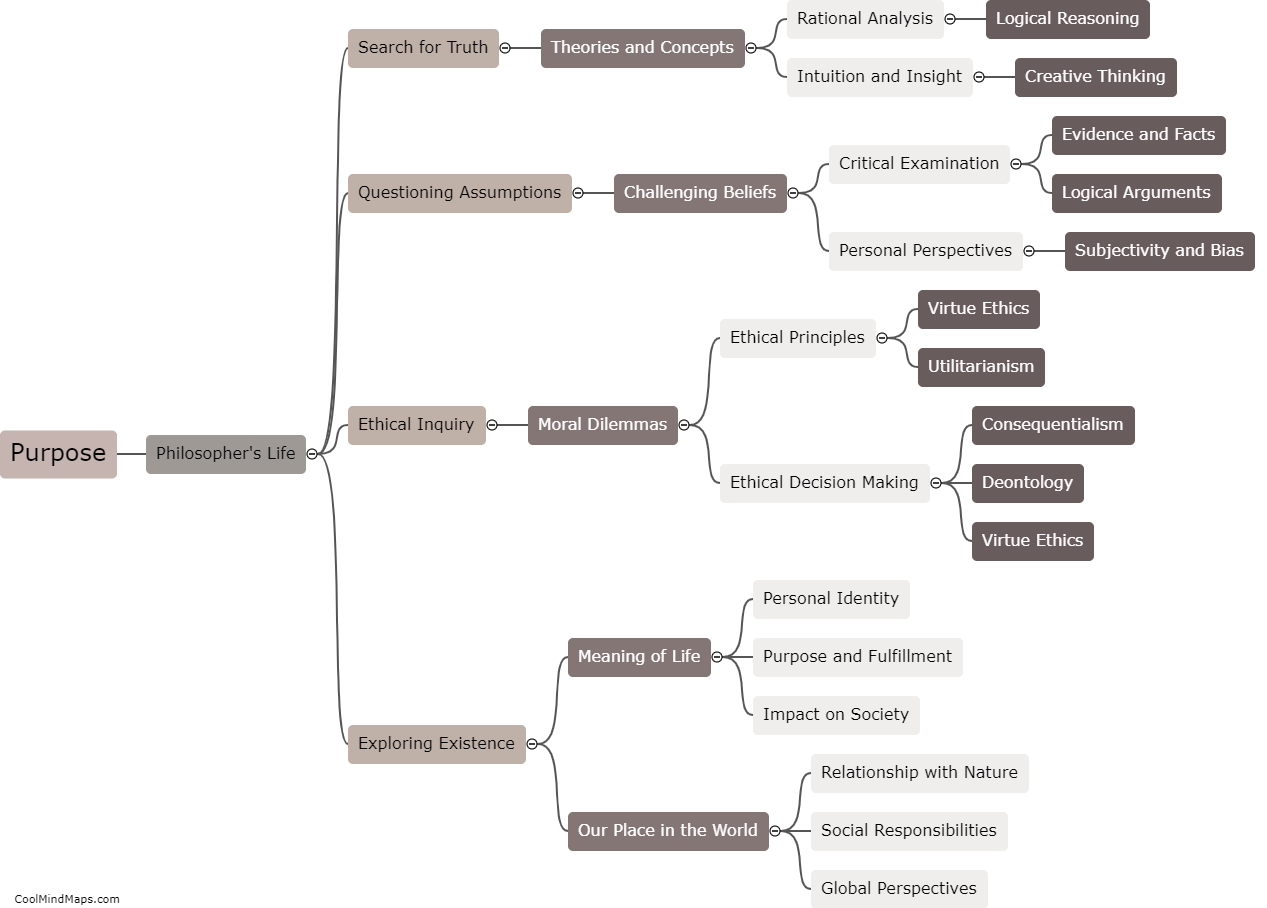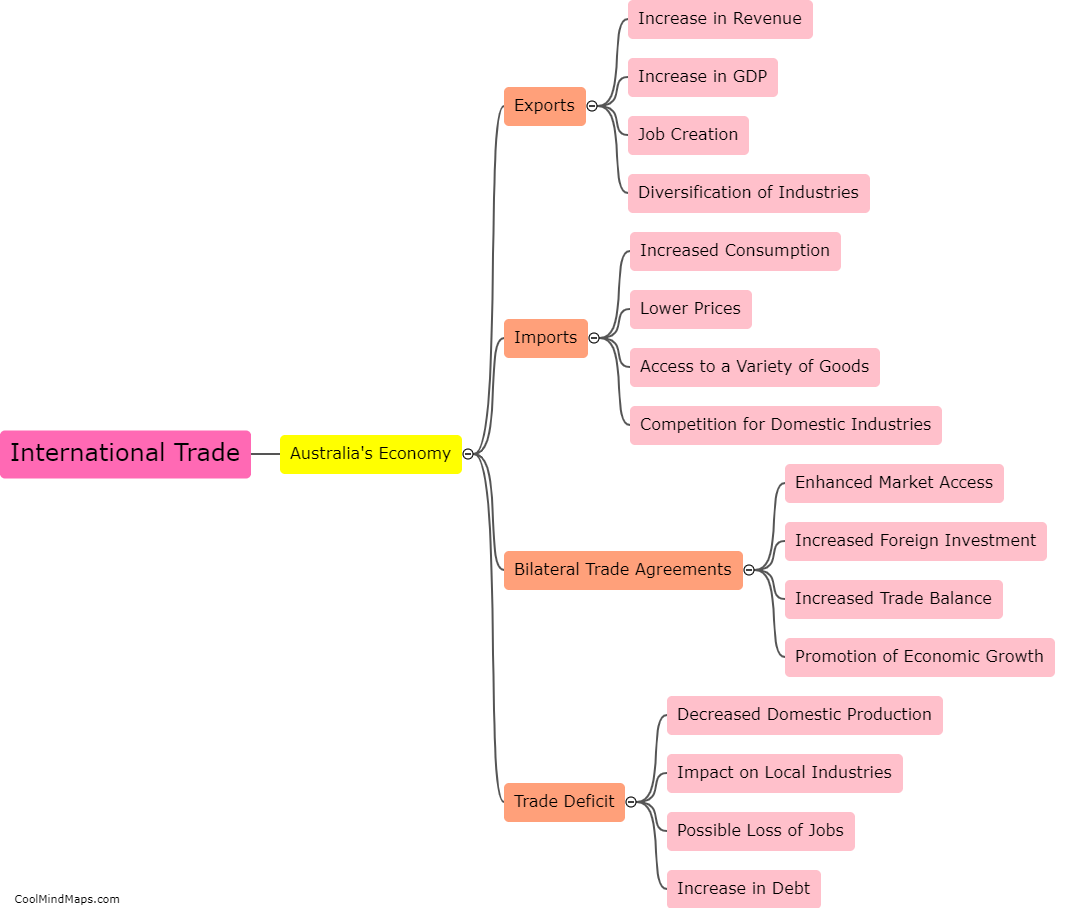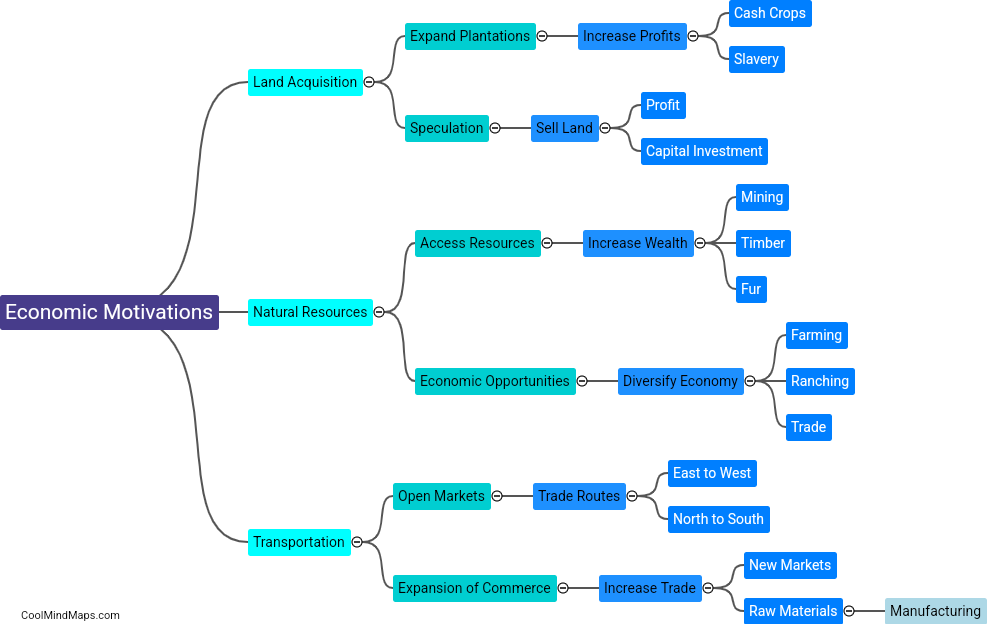What are the causes of underpopulation?
Underpopulation, which refers to a situation where the available population is insufficient to fully utilize or develop the resources of a particular area, can arise due to several causes. One significant factor is low birth rates, often caused by declining fertility rates, delayed marriages, access to contraception, and cultural or societal preferences towards smaller families. Factors such as high levels of emigration, wars, conflicts, and epidemics can also contribute to underpopulation by decreasing the overall population count. Additionally, economic factors, such as lack of job opportunities or unfavorable living conditions, may lead to outmigration and further exacerbate underpopulation. Moreover, aging populations with relatively low birth rates can also contribute to underpopulation over time. These various causes can have wide-ranging impacts on society, including demographic imbalances, economic stagnation, and challenges in providing services and care for the elderly.

This mind map was published on 9 July 2023 and has been viewed 119 times.











